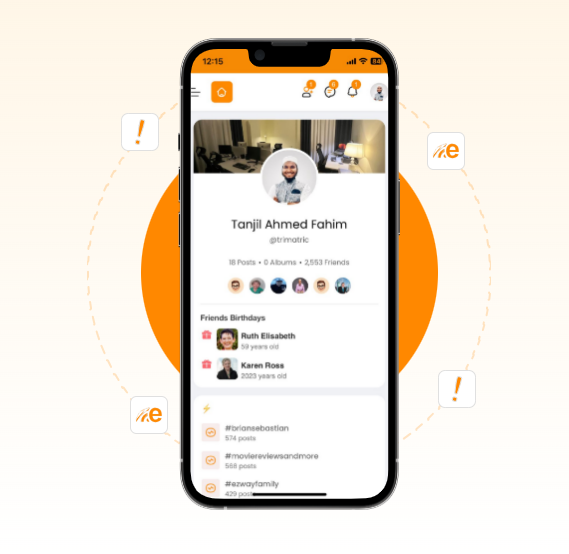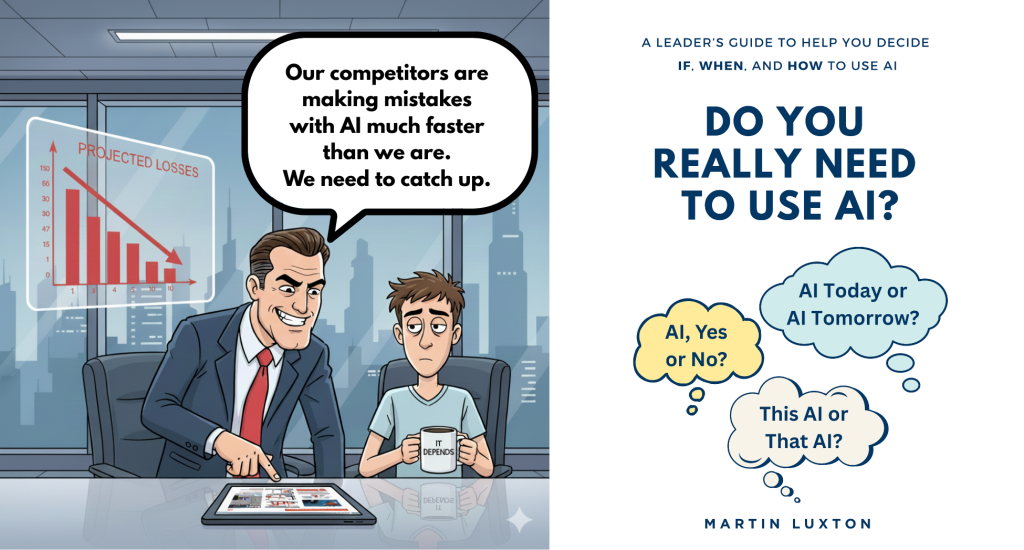In today’s fast-paced professional world, the grind never seems to stop. Whether you’re climbing the corporate ladder, managing your own business, or working in a demanding team environment, the pressure to perform is constant. Emails arrive after hours, deadlines loom, and work-from-anywhere often turns into work-from-everywhere. Amid this hustle, many professionals quietly face stress, anxiety, and burnout.
This blog isn’t about choosing between your career and your mental health—it’s about realizing that you can support both. You don’t have to trade peace of mind for professional success. Let’s explore how to build a healthier relationship between your work and your well-being.
The Silent Struggle: Why Mental Health Matters at Work
Mental health challenges in the workplace are more common than many think. According to the World Health Organization, depression and anxiety cost the global economy an estimated $1 trillion per year in lost productivity.
But this isn’t just about numbers. It’s about people—people showing up to work tired, disconnected, or overwhelmed. Often, the signs are invisible: the employee who always delivers but feels empty inside, the manager who hides behind a smile while battling anxiety, or the freelancer whose freedom is overshadowed by isolation.
When we ignore mental health, both personal happiness and professional performance suffer.
Common Mental Health Challenges Faced by Professionals
Let’s break down some of the most frequent struggles working individuals face:
• Burnout
A state of chronic physical and emotional exhaustion, often caused by overwork, lack of rest, and unclear boundaries.
• Impostor Syndrome
Feeling like a fraud, even when you’re competent. This is especially common among high achievers and newcomers to competitive environments.
• Anxiety
Triggered by excessive workloads, job insecurity, toxic culture, or unrealistic expectations.
• Isolation
Especially common in remote jobs, where face-to-face connection is minimal, leading to loneliness and disengagement.
Recognizing these challenges is the first step toward change.
Warning Signs You Shouldn’t Ignore
Mental strain often shows itself through subtle signals. If you or someone you know experiences the following signs regularly, it may be time to pause and reflect:
-
Constant fatigue or low energy
-
Increased irritability or mood swings
-
Trouble concentrating or completing tasks
-
Physical symptoms like headaches or trouble sleeping
-
Avoidance of meetings, emails, or social interaction
-
Feeling numb, detached, or hopeless
Don’t wait for a breakdown. Mental health, like physical health, benefits from early attention.
Creating a Healthier Work-Life Balance
Work-life balance is more than just a trendy phrase—it’s essential for sustainability. Here are practical steps to help you find that balance:
-
Set Boundaries: Define your work hours—and stick to them. Avoid checking emails at night or during meals.
-
Time Management: Use time-blocking, prioritization tools (like Eisenhower Matrix), and focus apps to manage tasks without overwhelm.
-
Say No: You don’t have to accept every request. Protect your energy by being honest about your capacity.
-
Schedule Rest: Put personal time—like family dinners, gym sessions, or quiet mornings—on your calendar.
Small boundaries lead to big peace.
Strategies for Supporting Your Mental Health at Work
Here’s how you can nurture your mental health even during busy periods:
-
Take Micro-Breaks: Short 5–10 minute breaks between tasks can refresh your mind and prevent burnout.
-
Practice Mindfulness: Simple breathing exercises or mindful pauses can bring clarity and reduce stress.
-
Talk to Someone: Don’t carry the weight alone. Speak to a friend, mentor, or therapist.
-
Use Your Benefits: Many companies offer mental health resources—don’t hesitate to use Employee Assistance Programs (EAPs) or mental health days.
-
Create a Comfortable Workspace: Whether in the office or at home, ensure your environment supports focus and calm.
What Employers Can Do to Help
Mental health is a shared responsibility. Organizations play a vital role in creating safe and supportive workplaces. Here’s how employers can make a difference:
-
Normalize the Conversation: Leadership should talk openly about mental health, removing stigma.
-
Provide Resources: Offer access to counseling, workshops, or meditation sessions.
-
Be Flexible: Trust employees to manage their time and results, not just their hours.
-
Train Managers: Equip leaders to recognize signs of stress and respond with empathy.
A healthy team is a productive team.
Real Stories: Professionals Who Made It Work
Case 1: Sarah, a marketing executive
After working 60-hour weeks for nearly a year, Sarah felt burnt out and anxious. She approached her manager, who allowed her to switch to a four-day workweek for a month. With that break and regular therapy, she regained balance and returned stronger.
Case 2: Jamal, a remote developer
Jamal struggled with isolation after transitioning to remote work. He began scheduling regular coffee chats with colleagues and joined a local co-working space. These small changes boosted his motivation and emotional well-being.
These stories show that with the right support, it’s possible to protect your mind and excel at work.
Final Thoughts
Your mental health is not a luxury—it’s the foundation of everything you do. Deadlines and achievements matter, but not at the cost of your peace. A successful career should enhance your life, not consume it.
Start small: take a deep breath, step away from the screen, check in with yourself. If needed, ask for help. Prioritize what truly matters.
Because at the end of the day, no job is worth more than your well-being.
































